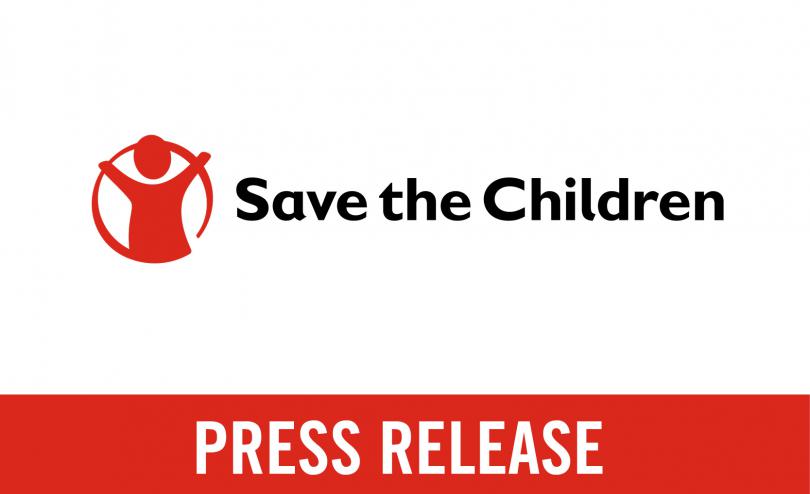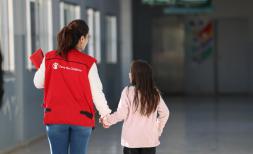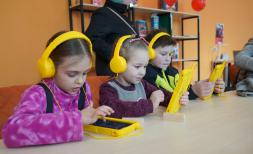Teen pregnancies in South Africa jump 60% during COVID-19 pandemic

The number of children born to teen mothers in South Africa’s most populous province, Gauteng, has jumped 60% since the start of the COVID-19 pandemic, with Save the Children concerned for the well-being of both mothers and babies.
New figures from the Gauteng Department of Health show that more than 23,000 girls aged under 18 gave birth between April 2020 and March 2021 – of which 934 were aged under 14 - compared to 14,577 girls aged 19 and under having babies in the same period a year earlier.
Gauteng is home to more than 15 million people, a quarter of South Africa’s population, and includes the country's largest city, Johannesburg, and its administrative capital, Pretoria.
Early pregnancy and motherhood in South Africa forces many girls to drop out of school, traps many in a cycle of poverty dependant on public assistance, and leaves many stigmatised by society for being teenage mothers or forced into early marriage.
It also creates a greater risk in terms of maternal complications resulting in low survival rates of babies and forces many girls to prematurely take on an adult role that they are not emotionally or physically prepared for. This has devastating social and economic costs.
Marumo Sekgobela, Save the Children South Africa’s Health and Nutrition Thematic Manager, said:
“Watching a child turn into a mother is heart-breaking. Children need to be children, not birthing them. It’s particularly devastating to learn that many of the girls who gave birth last year were barely teenagers.
“The global pandemic risks being a time of irreversible setbacks and lost progress for girls. Unless we act fast and decisively, the impact on girls’ futures – and all our futures – will be devastating.
“There has never been a more important time to empower teenagers to take control of their sexual health and stay safe. Save the Children calls on the Government of South Africa and Gauteng province to ensure that adolescents, regardless of gender, have access to comprehensive sexual and reproductive health information and services. We also call on families, communities, religious & traditional leaders to support the reproductive health rights of teenagers. It is time that we dismantle the barriers to accessing services.”
Unintended pregnancy among adolescents requires holistic approaches that build girl’s empowerment, help them make decisions about their lives, including around sexual and reproductive health, engages the support of men and boys in their lives, and offers them real opportunities so that motherhood is not seen as their only destiny.
A key factor contributing to the sexual and reproductive health risks that adolescents face in South Africa is the lack of access to Comprehensive Sexuality Education (CSE) as well as access to affordable and appropriate health services.
In South Africa, Save the Children implements an integrated and holistic programme that aims to support children, adolescents and young people to stay in school, stay healthy, and achieve their full potential.
Any questions or interview requests please contact:
- Daphnee Cook (Nairobi), Daphnee.Cook@savethechildren.org;
- Yani Horn (Pretoria), YHorn@savethechildren.org.za;
- Emily Wight (London), Emily.Wight@savethechildren.org
- Out of hours (BST), media@savethechildren.org.uk / +44(0)7831 650409




